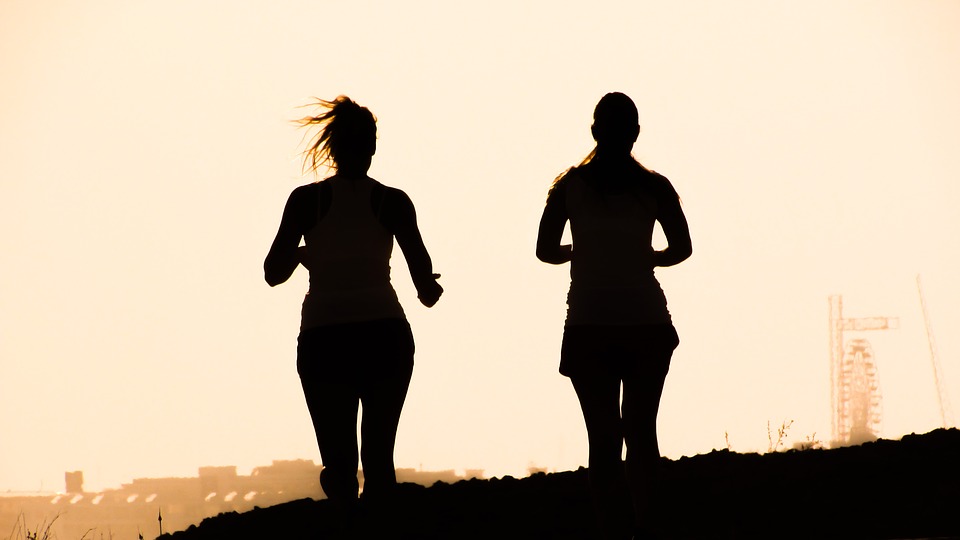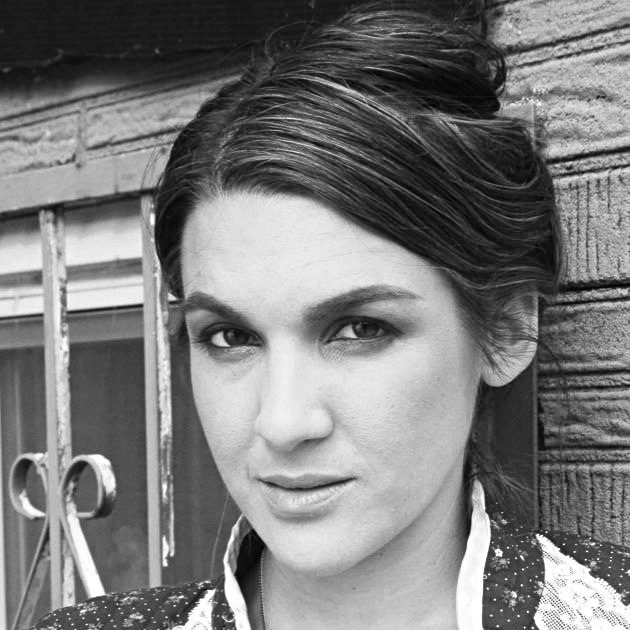
It happened by accident. Late one night, after scrolling through dozens of inspiring photos of friends running in the New York City Marathon, I idly typed a status update: “I’m 40 and I’ve never run more than three miles. Should I run a marathon?”
I expected to hear that I was too old, or training would destroy my knees. Instead, a series of heartfelt, secular-but-profoundly-spiritual testaments of people’s running journeys began to pour in. They told their stories and they told me to go for it.
Some of these people were Jewish; most were not. To my knowledge, only a few publicly presented themselves as people of faith. Yet, to a person, they wrote from a deeply intimate place of questing, in a personal voice we rarely hear in public discourse these days. They wrote without irony or judgment, full of kindness, encouragement and a palpable sense of joy.
Our Jewish culture, our understanding of the Divine and the human spirit — these live in us.
Social media as a tool for heartfelt, profound conversation about the spiritual journey? If this was what marathons brought out in people, I wanted in.
And so my journey began — and with it, a new spiritual practice.
Even a month in, it seems odd to me that I’d never thought of running as a spiritual practice before, since I’d been jogging casually for decades. After all, the point of noncompetitive running is to show up, to connect, to transcend the noise of everyday life. And as with so many forms of spiritual practice, although I don’t always want to do it, I always feel better afterward.
I love how the secularity of running crosses religious borders, but since much of my own spiritual life takes place in a Jewish context, I also have been considering how running lines up with Jewish practice.
For example, I think about how running in different parts of the day — a morning grounding, a midday reset, an evening cleansing — echoes the three Jewish prayer services.
Or I consider jogging as a mini-Shabbat in the middle of my day. Running clears my mind, calms my anxiety and puts the workday life in perspective — a hit of the most sacred Friday night services, available at noon on Tuesday.
Or I experience new understanding of the kabbalistic concept of balancing chesed (kindness) and gevurah (judgment) as I search for that razor-thin zone of pushing past comfort while listening to my body.
Curious about others’ experiences, I took a second poll, this one geared toward my Jewish friends who are runners. I asked, “Is your running a Jewish practice?”
Here are some of my favorite answers, all from Jewish marathoners:
A law professor: “Running does for me what prayer is supposed to do, but prayer never quite gets there in the same way. Before we had prayer, Jewish worship was physical — pilgrimage, food, sacrifice. Being in synagogue in a suit will never get me to the place that moving through creation, feeling life and strength flow through me and feeling more alive with each step does.”
A Jewish professional: “My Jewish practice has become synonymous with my work. And so, running is ‘me’ time. I use running to just be by myself. I try to push all work-related stuff out of my head. I breathe, become mindful and on those long runs I strive for ‘flow.’ ”
A teacher: “The marathon is my taste of the World to Come, a world where strangers support each other and feel a kinship despite the many differences that might usually keep them apart. It also allowed me to finally treat my guf [body] as a gift, to be cherished and seen as able rather than not the right size or unable.”
Our Jewish culture, our understanding of the Divine and the human spirit — these live in us. They are alive through us. They find us exactly where we are. And we find them, too, in the very stuff of our lives — in our grandmothers’ recipes, the prayers of our ancestors, the activism of our generation, or the simple act of putting one foot in front of the other, mile after mile, breath after sacred breath.
Alicia Jo Rabins is a writer, musician and Torah teacher who lives in Portland, Ore.






















 More news and opinions than at a Shabbat dinner, right in your inbox.
More news and opinions than at a Shabbat dinner, right in your inbox.